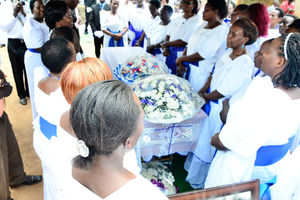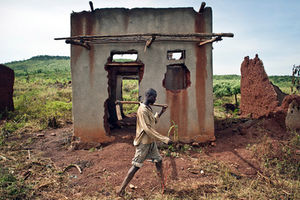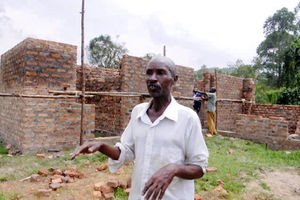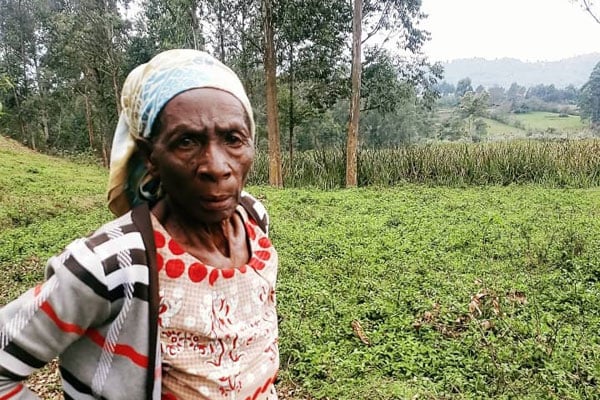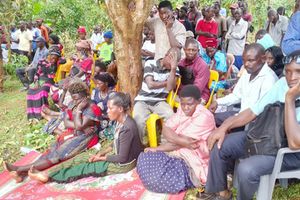
Bruna P. Acam
International Widow’s Day, which is commemorated on June 23, is aimed at addressing the poverty and injustices faced by millions of widows and their dependents in many countries.
It is crucial to reflect on our commitment to protect, promote, and fulfill the rights of widows in Uganda.
Despite the country’s ratification of several international and regional treaties explicitly safeguarding widows’ rights to inherit and enjoy their inherited property, enforcement remains woefully inadequate. This lack of enforcement coupled with deeply entrenched patriarchal and cultural practices leads to widespread property grabbing, a violation that strips widows of their dignity, security, and livelihood.
Government statistics in Uganda show that more widows than widowers and more orphaned girls than orphaned boys experience property inheritance denial and/or property grabbing. Property grabbing affects approximately 30 percent of widows in Uganda, a grim statistic that underscores a pervasive threat facing every woman in the country. This practice plunges widows into poverty, stripping them of their homes and means of livelihood.
Article 31(2) of the Constitution recognises widows and widowers’ rights to inherit property from their spouses and mandates Parliament to make laws to realise this right. Most recently, the Parliament amended the Succession Act Cap. 162 to reflect the court’s progressive decisions to protect widow’s inheritance rights. However, these amendments have not translated into real-world protection for many widows. Perpetrators frequently exploit legal gaps and weak enforcement to seize property using threats, physical force, and intimidation tactics such as malicious damage to property or trumping up charges against widows.
Widows, often lacking the physical and economic strength to resist and without access to an equitable justice system, are left defenceless.
“After my husband passed away, my in-laws forcibly evicted me from our home, leaving me and my seven children homeless,” says Margaret, a 55-year-old widow from Pallisa District. “The law was on my side, but nobody helped to enforce it and I lost not only my husband but also the home we built together. My children and I have been living with friends, but it’s not a permanent solution. We need justice.” This is the unfortunate fate of many widows in Uganda.
International Widows Day is not merely a day to acknowledge the hardships faced by widows but a clarion call to action. It is a pivotal opportunity for Uganda to rethink justice for widows and ensure they are not left behind in the quest for gender equality and social justice.
One critical step is to impose tougher penal sanctions on perpetrators of property grabbing. While the Office of the Director of Public Prosecutions (ODPP) has often preferred inheritance-related charges against perpetrator, the rate of successful prosecution of these cases remains minimal. Courts often refer disputing parties to mediation and reconciliation or impose lenient sentences on offenders, sanctions that fail to adequately reflect the severity of the crimes committed. Tougher penal sanctions are essential to provide a significant deterrent effect, sending a clear message that property grabbing will not be tolerated and that perpetrators will face severe consequences.
Without the deterrent effect of effective prosecution and punishment, widows and orphans will continue to suffer the devastating consequences of losing their homes and livelihoods. It is imperative that the Ugandan legal system adopts a zero-tolerance policy towards property grabbing, ensuring swift and heavy penalties for offenders to deter perpetrators, achieve safety for widows, and resultantly accelerating their progress.
Let us heed the words of Mahatma Gandhi: “The true measure of society can be found in how it treats its most vulnerable members.”
Ms Bruna Patricia Acam is a human rights lawyer, an Access to Justice Advocate and Board Secretary of the Women Human Rights Defenders Network Uganda.
